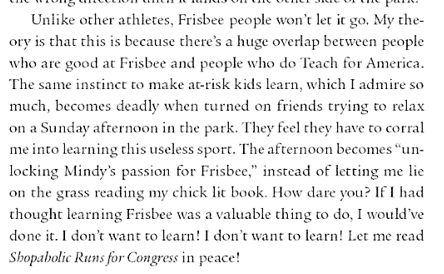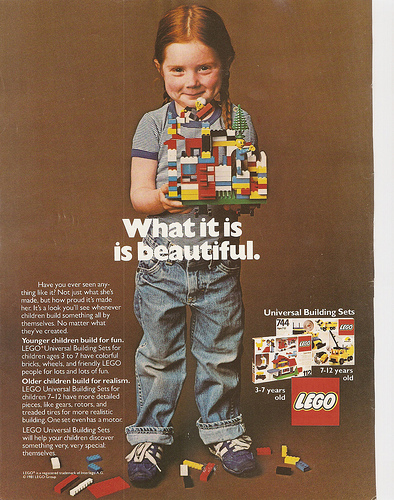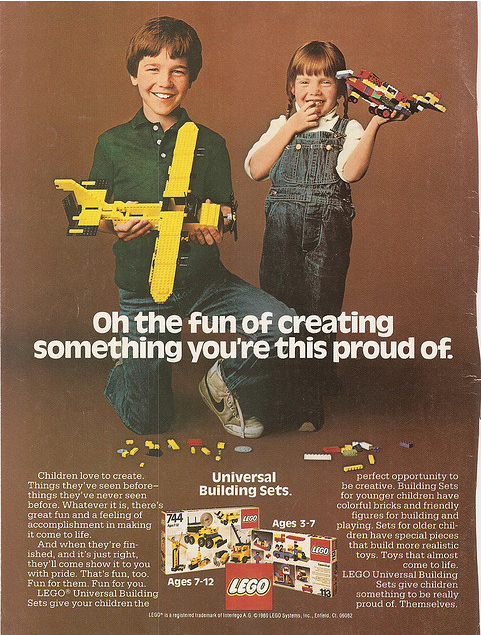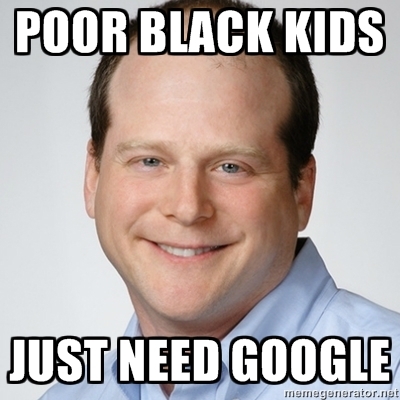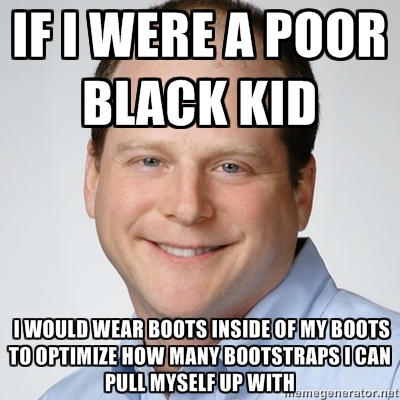I just came across an article on Jezebel: Pain in the Ass Kids Are More Likely to Just Say No I’ve been interested in a lot of the Jezebel posts lately; I’ve retweeted several of them. Linking to a Live Science article, Jezebel author Anna North describes how a recent study on teens and peer pressure, just published today in Child Development, indicates that teens who talk back to their parents are more willing to stand up to peer pressure from their friends to drink or do drugs. Here’s what North concludes about the importance of the study:
It’s no shock that kids who learn to assert themselves at home are better able to do so with their friends. Arguing with parents, however annoying for the parents involved, might give kids a crucial model for how to stand their ground, something they can use in potentially higher-stakes situations involving peers. The study does have limitations — kids’ self-reports of their drug use and friendships might not be accurate, and they might not fight with their moms the same way in the lab that they do at home. Still, it offers a pretty good argument for letting teens plead their case, rather than shutting them down. Parents have been campaigning against backtalk since time immemorial, but they might change their tune if they knew it could keep kids off drugs.
I first wanted to post about this study because it reinforces the idea that troublemaking (in the form of talking back and refusing to merely accept) is valuable for kids to practice and cultivate. Cool. I agree….even as I struggle with it as a parent sometimes. But, I don’t understand why the study focuses exclusively on mothers as the parent that kids should resist. What assumptions are reinforced by the idea that kids should talk back to their moms? What about their dads? What happens when kids talk back then? I was able to access the actual study (it’s important to go beyond reports about scientific studies and look at the actual study; I learned that from Bitch Media’s great post, Mad Science). Nothing in their method section explains why they focused exclusively on mothers. Is it just assumed that mothers are the primary care-givers? Or, could it be that kids’ deviant behavior is (always) the mother’s fault? Check out one of their possible conclusions in the discussion section (and the implied, “it’s the mother’s fault):
maternal behaviors in interactions with adolescents were also linked to apparent susceptibility to peer influence. Teens who were observed to experience high levels of support from their mothers at age 13 were less likely to adopt levels of substance use consistent with their friends’ use later on in midadolescence. Notably, maternal support was assessed in a different observational task than the recanting behaviors assessment above—a task designed to capture, not autonomy struggles but rather qualities of attachment relationships and supportive behavior. It may be that teens who are secure in their ability to turn to their mothers under stress are less likely to end up feeling overly dependent upon their close friends and thus less likely to be influenced by their friend’s behavior.
Note: As I was researching how various news sources reported on this scientific study, I was struck by how some included Mom in the title while a few others referred more generally to parent. Some examples: Teens Who Butt Heads with Mom Better at Resisting Pressure, Does Your Teen Constantly Challenge You?, Pain in the Ass Kids are more likely to just say no, Study of the Day: Arguing with Mom Protects Teens from Peer Pressure.
I wanted to write about this study because I am bothered by how it (and many of the popular representations of it online) might encourage placing even more of the burden of difficult/exhausting parental labor on the backs of mothers. As I write these last couple lines, I’m also curious about thinking through what the study means by arguing with Mom. What were the different ways that this occurred? How did the race and gender of the teen affect how they argued? What connections can be drawn between being a “pain in the ass” and making/staying in trouble?
on a side note: I am often fascinated by comments and seeing how various readers react to a post. The comments on the Jezebel article are all focused on how pointless it is to resist parents (many of the more detailed stories focus on the futility of standing up to Dad/Grandpa and not Mom…hmmm….) and how much easier it is to just tell parents what they want to hear. I’d like to read these comments beside the scientific study.

